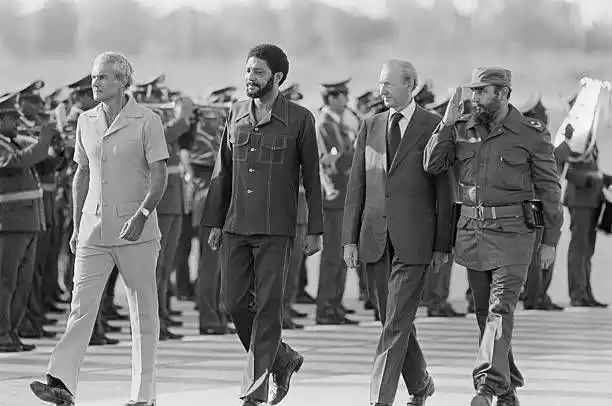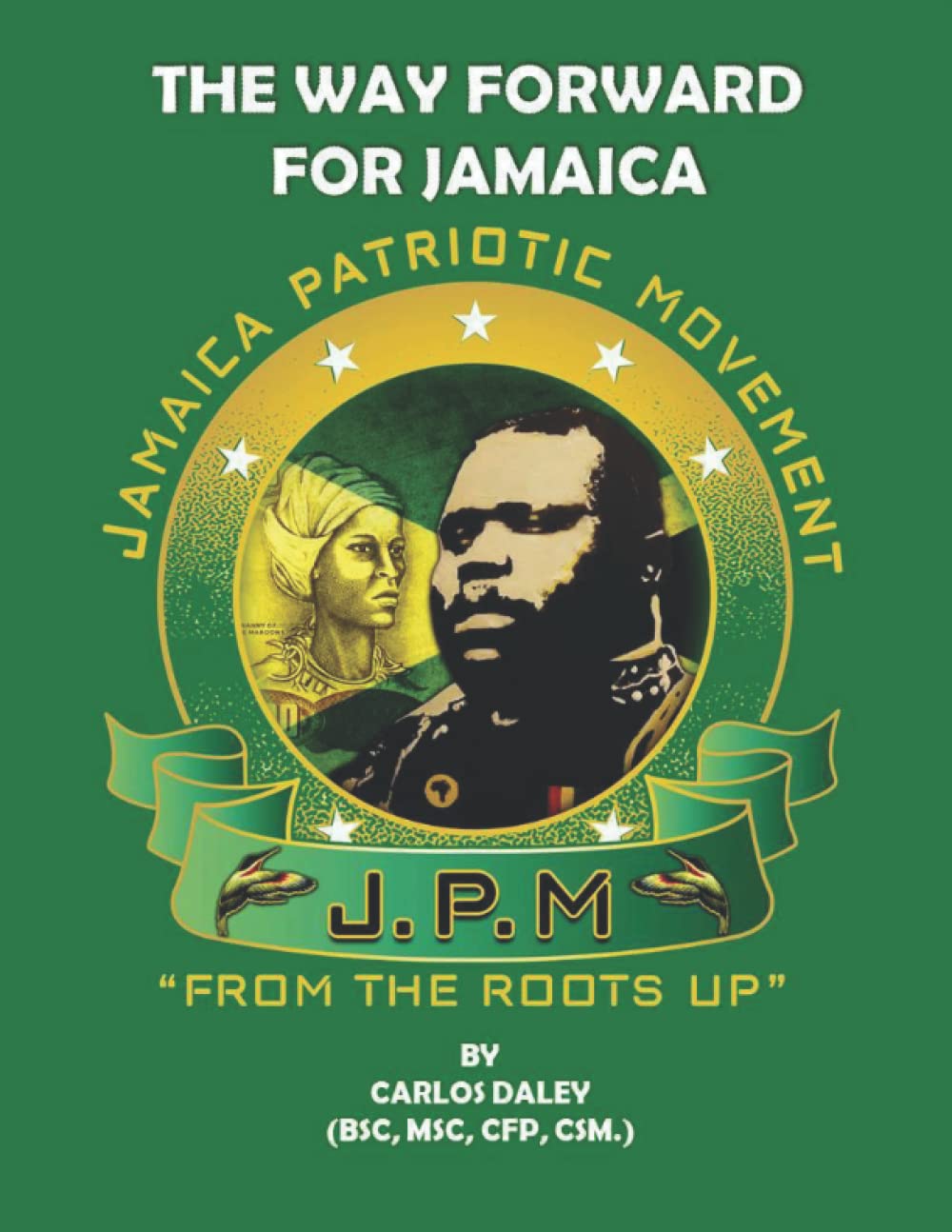The history of the United States' aggressions against Cuba, from very early in the Revolution, has always sought to diminish the country's merits and prestige. Today is no different, as was proven in the recent Olympics.
"Trying to harm our country, they created the conditions for our delegation to have played the most important role in the 1966 Central American and Caribbean Games ..."
Fidel Castro Ruz
Fidel (in the center) boarded the ship on the high seas to share with the Cerro Pelado athletes. Photo: Granma Archive
The history of the United States' aggressions against Cuba, from very early in the Revolution, has always sought to diminish the country's merits and prestige. Today is no different, as was proven at the recent Olympic Baseball tournament in Florida. To mount such disgusting and rude spectacles in its own territory, the United States asserts its strength and has organized them in different countries, such as in its colony of Puerto Rico, which is neither a free nor an associated state. This is how the epic of the Cuban sports movement emerged, months before the X Central American and Caribbean Games took place in San Juan in 1966.
Given the refusal of the State Department to process the visas at the Swiss Embassy in Havana, the complaint from Manuel González Guerra, president of the Cuban Olympic Committee, and the International Olympic Committee and the Puerto Rican Olympic Committee demanded that the US authorities grant the visas. Before, Cuban planes were denied landing in San Juan. Faced with all these lies, the response arises to transfer the delegation to the headquarters on the Cerro Pelado ship, a battle led by Commander in Chief Fidel Castro Ruz. During the voyage, the athletes trained on the deck of the boat, besieged by US Coast Guard aircraft.
On June 10, Puerto Rican sports directors, General Clark Flores, head of the local Olympic Committee, and Germán Rieckehoff, president of the Central American and Caribbean Sports Organization, boarded the ship and met with José Llanusa, head of the delegation, and with González Guerra, to coordinate the landing operation. Warmly received by Puerto Rican friends, the delegation, despite provocations, prevailed and won second place by country, with 34 gold, 20 silver, and 23 bronze medals, behind Mexico. Upon their return, in Santiago de Cuba, in the midst of a severe storm, Fidel and other leaders went to receive them.
THE POLICY REMAINS THE SAME
If in the IX Central American Games in Kingston, Jamaica, in 1962, with a participation of 1,559 athletes from 15 countries, Cuba was third (11-12-13), behind Mexico (37-25-27) and Venezuela (15 -27-15), the attacks on the athletes were not lacking, but neither did they impede their brilliant performances.
Again, at the XVII Central American and Caribbean Games in Ponce, in 1993, the script turned out the same: organizing attacks in stadiums to try to intimidate Cubans, but once again the Puerto Rican friends made themselves felt. History was repeated so that the Cuban representation arrived in Puerto Rico, a shame before which Cuba firmly stated that, if they did not let their plane land at the headquarters, they would not attend the Games, which the organizers knew that if it happened, they would lose the event. much of its appeal. 3,570 athletes in 34 disciplines participated in the contest and Cuba moved Mexico to second place. Today, making use of their arrogance and encouraged by the hatred of the right in the United States, they highlight the interest in damaging our performances in sporting events, as happened in the Florida Pre-Olympic, where the players, despite the effort they put in, did not qualify, after losing two close games, but the response was the same as Cerro Pelado: they gave themselves with their hearts for Cuba.
By; Alfonso Naciancero, granma newspaper


